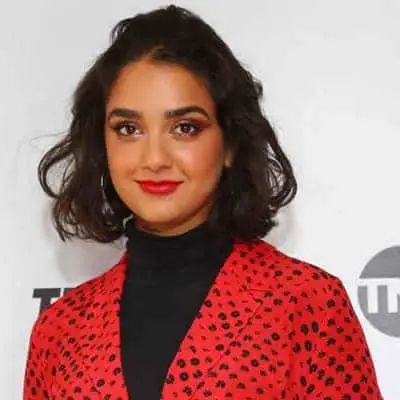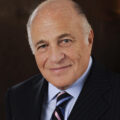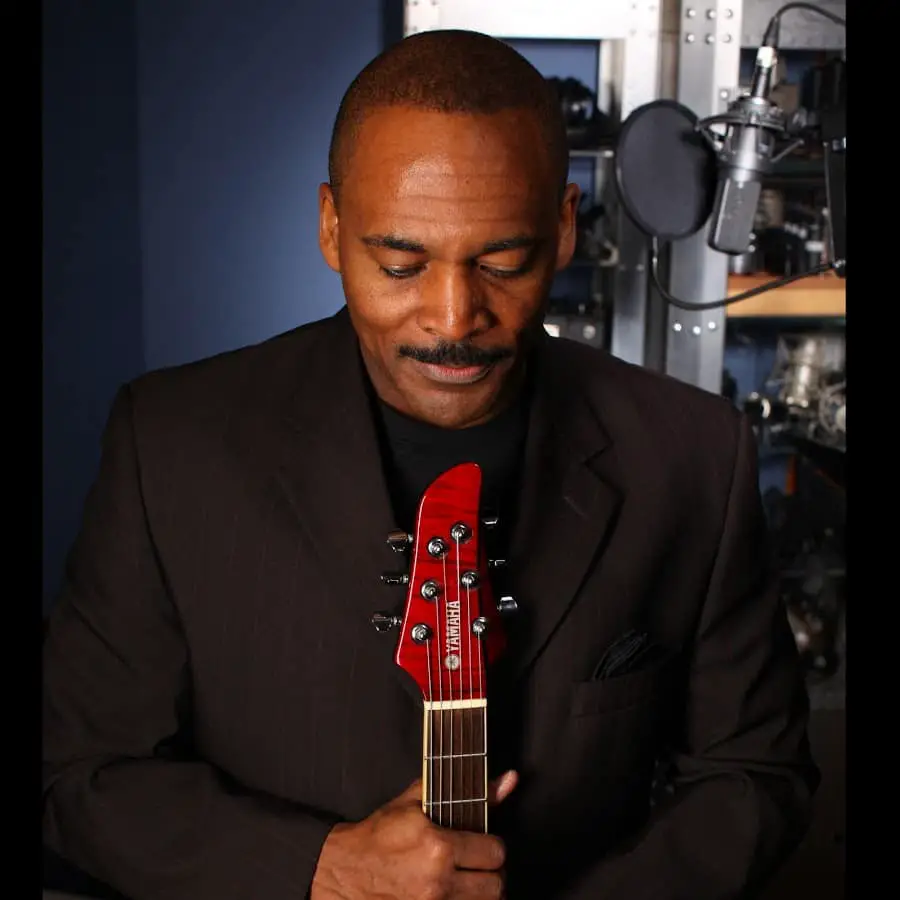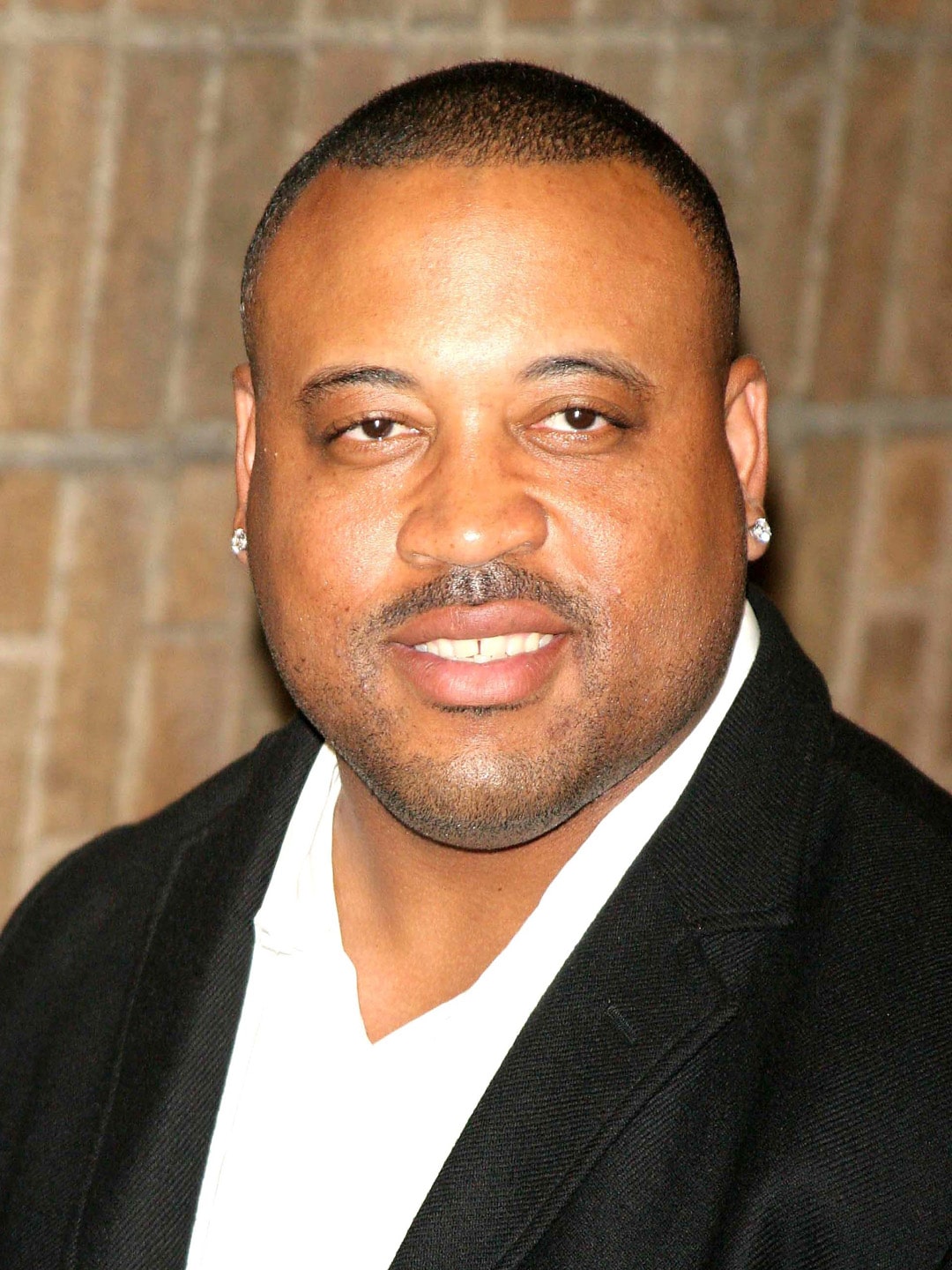M. S. Viswanathan Biography
Manayangath Subramanian Viswanathan (24 June 1928 – 14 July 2015), also known as M.S.V., was an Indian music director and composer. He was popularly known as Mellisai Mannar (Tamil for “The King of Light Music”). He composed songs in 1200 films across languages – Tamil, Malayalam, Telugu, Kannada, and Hindi.
He worked primarily in Tamil, Malayalam and Telugu films. He
M. S. Viswanathan Biography Imagealso acted and sung in a few Tamil films. The Chief Minister of Tamil Nadu J Jayalalithaa conferred the Thirai Isai Chakravarthy (Tamil for “The Emperor of Cine Music”) title on him in August 2012 and presented him with 60 gold coins and a new car.
Viswanathan composed film music together with composer and violinist T. K. Ramamoorthy from the 1950s to 1965, as Viswanathan–Ramamoorthy for 100 films and from 1965 until 2014 he worked independently as a composer for 1100 films composing more than 15000 songs.
M. S. Viswanathan’s Life
M S Viswanathan was born on 24 June 1928 to Manayangath Subramanian and Narayanikutty (or Naanikutty) in Elappully village in Palakkad, Kerala, India. His father died when Viswanathan was four years old, and his mother decided to kill him, his sister and herself as an escape from abject poverty and lack of support. He was saved at the last minute by his grandfather (His mother and sister were killed).
His grandfather Krishnan was a warden at the central jail of Kannur. After death of his father, his family moved from Palakkad to Kannur to stay with his jailor uncle. As a child, he sold refreshments in a movie theatre without any pay, so he could listen to the music in the films. He had a part in the film Kannagi produced by Jupiter Pictures.
His primary education was at Pallikunnu, Kannur. He would often play truant from school and stand outside the house of Neelakanta Bhagavathar, a local music teacher, and listen to his teaching other students. He learnt to play the harmonium, and Neelakanta Bhagavathar, who heard him play and sing on a Vijayadasami Day, was impressed and organised a three-hour concert at the Kannur town hall. He later gave his first stage performance in Trivandrum at the age of 13. He worked as an office boy for Jupiter Pictures in the 1940s, earning Rs 3 per month.
Viswanathan was married to Janaki and they have four sons and three daughters. His wife, Janaki, died on 14 May 2012. She was 77 when she died.
He is known to have looked after his original Guru, S.M.Subbaiah Naidu, when the latter fell into financial difficulties and then continued to look after his wife until her death.As a rare human approach, M. S. Viswanathan, looked after his friend J. P. Chandrababu, the great Comedian and Singer of Tamil films, when the latter fell into financial ruins. Chandrababu stayed the last few years of his life in the house of M. S. Viswanathan, and as per the request of Chandrababu, MSV arranged his rites when he died in March 1974.
M. S. Viswanathan’s Death
On 27 June 2015, Viswanathan was admitted to Fortis Malar hospital in Chennai with breathing difficulties. He had been undergoing a treatment at the hospital for some time. He died at 4.15 a.m. on 14 July 2015 due to age-related ailments. He had turned 87 only three weeks earlier, three days before his hospitalization. He was cremated with full state honours at Besant Nagar Electric Crematorium. People from various fields of life paid homage to him. He is survived by his seven children – four sons and three daughters – none of them who followed their father’s path.
M. S. Viswanathan’s Career
Viswanathan had always wanted to be an actor and singer, but was not successful. He had a few small roles in stage dramas in the 1940s. The composer and violinist T. R. Papa met Viswanathan, took a liking to him and arranged a job for him as an errand boy for S. V. Venkatraman’s musical troupe in 1942. In that company of musicians, Viswanathan realised that he had the inclination and the potential for composing music.
He thereafter joined S. M. Subbaiah Naidu and at times assisted him. He then joined C. R. Subburaman’s musical troupe as a harmonium player. Here, he met T. K. Ramamoorthy and T. G. Lingappa, the two leading violinists at that time.[citation needed] T. G. Lingappa also became a renowned music composer on his own in the 1950s.
About InformationCradle Editorial Staff
This Article is produced by InformationCradle Editorial Staff which is a team of expert writers and editors led by Josphat Gachie and trusted by millions of readers worldwide.
We endeavor to keep our content True, Accurate, Correct, Original and Up to Date. For complain, correction or an update, please send us an email to informationcradle@gmail.com. We promise to take corrective measures to the best of our abilities.






